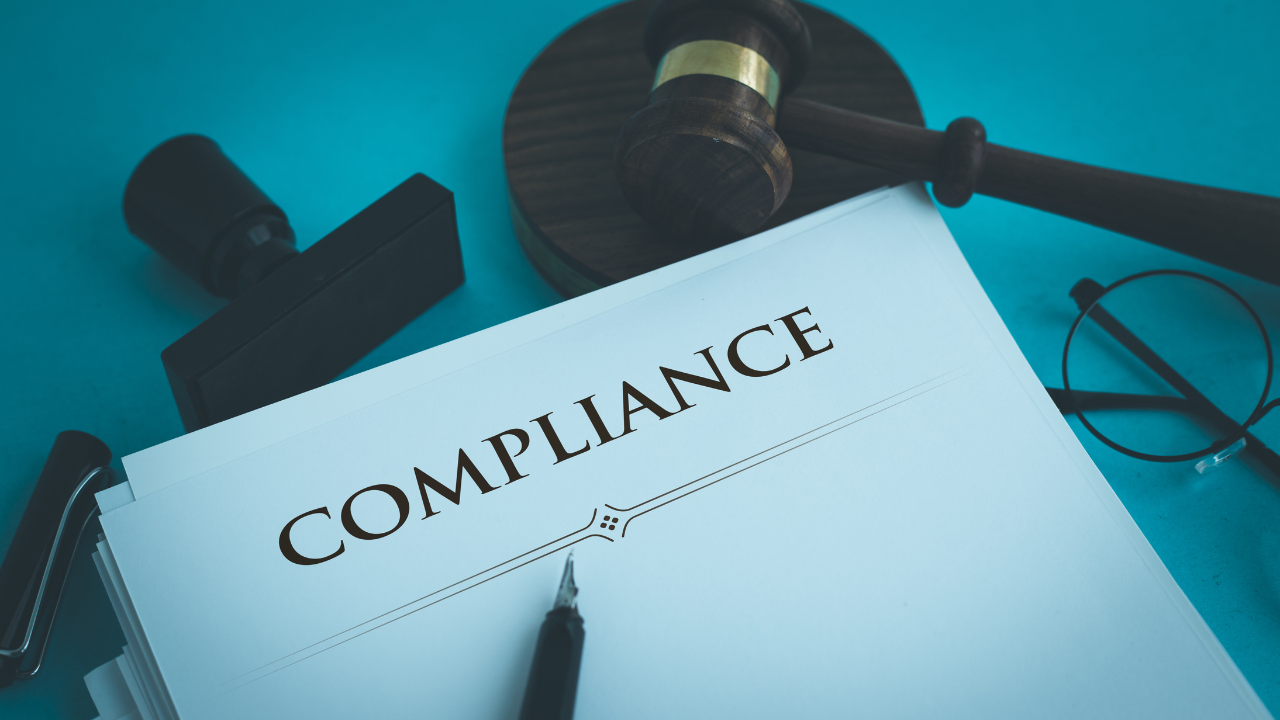Complying with Disciplinary Hearing Law Changes
Sep 01, 2025
By Kelly G. Richardson, Esq., HOA Homefront Column
After the lightning-fast adoption of major amendments to Civil Code Sections 5850 and 5855—proposed and passed in just four days in June 2025—regarding HOA member discipline, here are some tips to consider, along with key issues that still need to be resolved.
Here are the changes in order they appear in the two statutes.
Civil Code Section 5850(a) now has a new sentence: “Monetary penalties shall be reasonable.” What is “reasonable” is going to depend upon the circumstances and may be the subject of future disputation.
Section 5850(c) now limits monetary penalties (aka “fines”) to $100 per violation. Many HOAs with higher fines may need to revise their schedule of fines to avoid imposing fines over the limit. Continuing fines, meaning fines which automatically are added on each month, are also probably invalid since a continuing violation is still just one violation. This may force HOAs to file more enforcement lawsuits regarding nuisance behavior, since the maximum fine is small.
Section 5850(d)(1) allows higher penalties for violations which might cause “adverse health or safety impact on the common area or another member’s property.” Subpart (d)(2) requires a written board finding in an open board meeting stating the adverse health or safety impact of a violation. This is very problematic if read literally, because it seems to require a second board action after the discipline hearing, this time in open session, announcing that a member’s violation involved a health and safety issue. This announcement, humiliating the involved member, is harmful. If the point of this requirement is to announce which rules involve health and safety issues, and therefore bring larger fines, then a rule change can more effectively accomplish this.
A new 5850(3) bans interest or late charges on unpaid fines. So, now there is little reason for violators to pay fines since short of litigation HOAs now have no way to induce payment.
Civil Code 5855 also is greatly revised. A new subpart (c) bans any discipline if the member cures the violation before the hearing, or if the member provides “financial commitment” to cure a violation which could not be cured by the time of the hearing. However, the statute doesn’t address incurable violations, such as, for example, unsafe driving, raucous disturbances, or misuse of common facilities.
A new 5855(d) allows members disagreeing with the board’s disciplinary decision to demand internal dispute resolution under Civil Code 5910. Why would there be a need for a re-discussion of something the board just decided? This adds a wasteful step that rarely if ever will result in a change of a disciplinary decision.
A new 5855(e) provides that if at the internal dispute resolution the board and member agree on the outcome a written resolution signed by board and member will be binding.
Associations need to update their disciplinary policies and procedures to ensure compliance. Such rule changes, made to conform to the law, can be adopted in an open board meeting without the normal 2-step 28-day process of Civil Code 4360.
These changes are not helpful to communities, but must be carefully observed by HOAs because under Civil Code 5855(g) any discipline imposed by boards is unenforceable if the statute is not followed.
For California statutes, visit www.leginfo.legislature.ca.gov, the official location of the Davis-Stirling Act.





